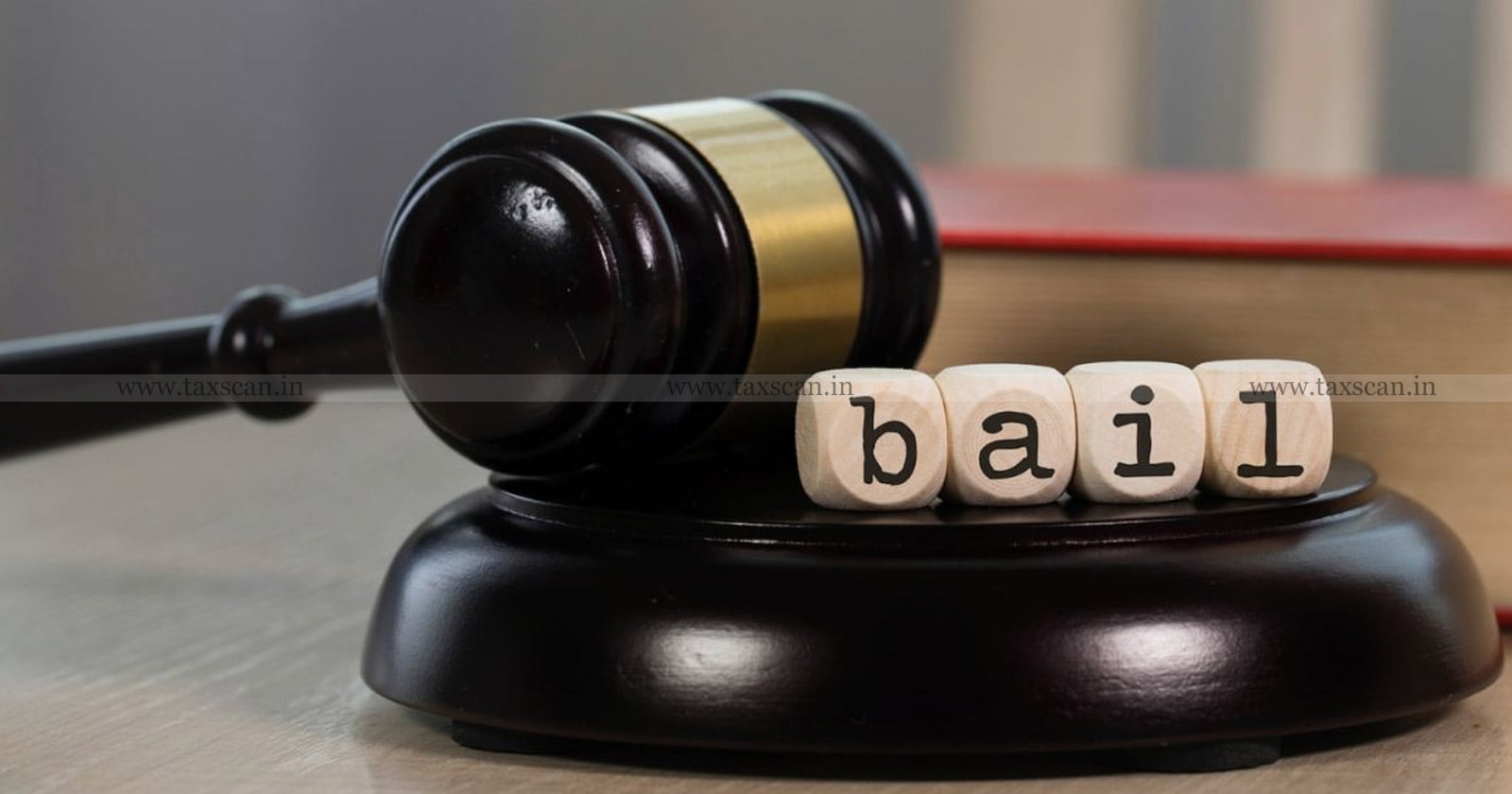Service Tax on Renting of Immovable Property: CESTAT Holds Demand Time-Barred Amid Conflicting Judicial Views [Read Order]
CESTAT held that the service tax demand for renting of immovable property was time-barred amid conflicting judicial views and set aside all penalties
![Service Tax on Renting of Immovable Property: CESTAT Holds Demand Time-Barred Amid Conflicting Judicial Views [Read Order] Service Tax on Renting of Immovable Property: CESTAT Holds Demand Time-Barred Amid Conflicting Judicial Views [Read Order]](https://images.taxscan.in/h-upload/2025/10/28/2100397-service-tax-immovable-property-cestat-conflicting-judicial-views-taxscan.webp)
The Chandigarh Bench of the Customs, Excise, and Service Tax Appellate Tribunal (CESTAT) ruled that the service tax demand raised for renting of immovable property was barred by limitation, as the issue was subject to conflicting judicial interpretations during the relevant period.
The appellant, Onkar Associates, had rented out its godowns to the Punjab State Warehousing Corporation and received rent for the periods between June 2007 and March 2011.
The department issued three show cause notices alleging that the appellant had provided taxable services under “Renting of Immovable Property Service” as defined under Section 65(105)(zzzz) of the Finance Act, 1994, but failed to pay the applicable service tax.
 Also Read: Gauhati HC Grants Bail to Businessman Accused of ₹3 Crore GST Credit Misuse After 15 Days in Judicial Custody [Read Order]
Also Read: Gauhati HC Grants Bail to Businessman Accused of ₹3 Crore GST Credit Misuse After 15 Days in Judicial Custody [Read Order]
The adjudicating authority confirmed a total service tax demand of Rs. 6,88,859 with interest and penalties through an order dated 5 March 2012. The Commissioner (Appeals), by an order dated 9 December 2014, upheld the demand and rejected the appellant’s appeal. The appellant then approached the CESTAT.
Comprehensive Guide of Law and Procedure for Filing of Income Tax Appeals, Click Here
The appellant’s counsel argued that during the relevant period, the legal position regarding the taxability of renting of immovable property was unclear. The Delhi High Court, in Home Solution Retail India Ltd. v. Union of India [2009 (14) STR 433 (Del.)], had held that mere renting of property did not constitute a taxable service.
Only after the Finance Act, 2010, with retrospective effect from 1 June 2007, was such renting deemed taxable. The appellant argued that it had a bona fide belief that no service tax was payable based on the then-prevailing judicial view and that the extended period of limitation could not be invoked.
They submitted that since the tax along with interest was paid within six months of the Finance Act, 2012, the appellant was entitled to a waiver of penalties under Section 80(2) of the Finance Act, 1994.
 Also Read: Madras HC Quashes Customs Public Notice, Holds Dept Lacked Jurisdiction to Direct on GST Collection [Read Order]
Also Read: Madras HC Quashes Customs Public Notice, Holds Dept Lacked Jurisdiction to Direct on GST Collection [Read Order]
The two-member bench comprising Justice S. S. Garg (Judicial Member) and P. Anjani Kumar (Technical Member) observed that during the period in question, the law on the taxability of renting of immovable property was uncertain due to conflicting judicial opinions.
Comprehensive Guide of Law and Procedure for Filing of Income Tax Appeals, Click Here
The tribunal referred to the Delhi High Court’s ruling in Home Solution Retail India Ltd. and explained that the retrospective amendment in 2010 created ambiguity for assessees. It also relied on Heubach Colour Pvt. Ltd. v. CCE, Surat-II [2007], where it was held that when there are divergent judicial views, the extended limitation period cannot be applied.
The tribunal pointed out that the department had not established any deliberate suppression or intent to evade tax, which is essential for invoking the extended limitation period under Section 73 of the Finance Act, 1994. The bench explained that in the absence of such intent, the demand raised was barred by limitation.
The tribunal set aside the demand of service tax, interest, and penalties, holding that the appellant was protected under Section 80(2) of the Finance Act, 1994, as the tax was paid promptly after the retrospective amendment. The appeal was allowed in full.
Support our journalism by subscribing to Taxscan premium. Follow us on Telegram for quick updates


